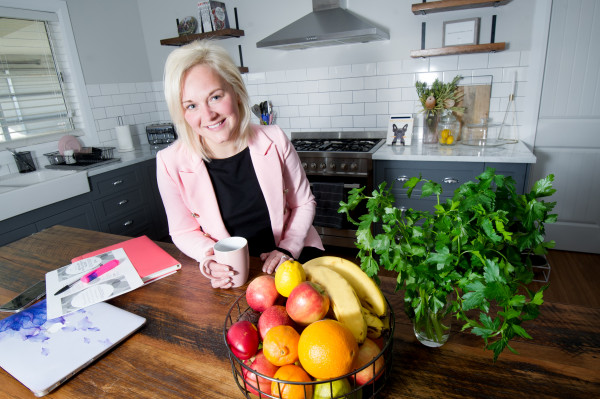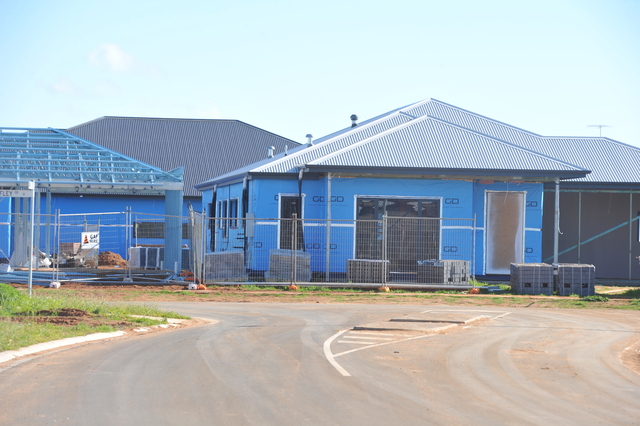
I specialise in sports performance nutrition and weight management as well as eating disorder treatment and prevention.
My interest in nutrition derived from my high-level involvement in ladies’ English Premier League Soccer, where I was first introduced to the principles of sports nutrition.
From there, I went on to a Bachelor in Nutrition and Health (Hons) degree and have since invested in my knowledge and furthered my skills undertaking various CPD courses.
- RELATED: Your lifeforce energy is your currency on earth
- RELATED: Goal-setting is an individual matter, says fitness trainer
June is Bowel Cancer Awareness Month, Bowel Cancer Australia’s signature event to raise awareness of Australia’s second-deadliest cancer.
Australia has one of the highest rates of bowel cancer in the world. One in 13 Australians will develop the disease in their lifetime.
It’s a startling statistic, but what’s most significant is that bowel cancer is not only one of the most treatable if found early, but it’s also one of the most preventable. According to the American Cancer Society, more than half of the world’s bowel cancer cases can be attributable to two modifiable risk factors: diet and lifestyle.
Let’s Make a Change
Meat
Processed meat derives from smoking, curing and salting processes, or by adding preservatives.
Avoiding processed meats such as bacon, ham, sausages and salami where possible, and choosing them as an occasional treat, will help lower bowel cancer risk.
If you choose to eat red meat, limit the amount you eat to 500g or less (cooked weight) per week and avoid charring.
Red meat is a good source of protein but you can also get protein from many other foods, such as fish, poultry, beans, lentils, tofu and eggs.
Alcohol
For cancer prevention, it’s best to avoid alcohol. If you do drink, keep consumption as low as possible, with an upper limit of 14 units a week: try to spread it out over the week.
Smoking
Smokers are more likely to develop polyps (non-cancerous growths in the bowel) which could turn into cancer if not discovered.
Smoking grossly elevates cancer risk.
Dietary fibre
Fibre significantly aids digestive health and we should aim for at least 30g each day.
There are two types: insoluble fibre, which bulks up poo and moves it through the gut, therefore preventing constipation.
There is also soluble fibre, which forms a gel in the gut and helps keep poo soft, making it easier to pass. It can also help lower your cholesterol.
Sources of insoluble fibre include wholegrains such as brown rice, nuts, seeds and skin-on potatoes. Sources of soluble fibre include oats, barley, beans, peas, lentils, chickpeas, apples and carrots.
H2O
Meeting fluid and fibre requirements helps lower cancer risk. Aim to consume 1.6-2 litres of fluid every day to prevent dehydration and facilitate bodily processes, in particular digestion.
Danielle Wilcock,
Instagram: @mindbodynutrition_


















